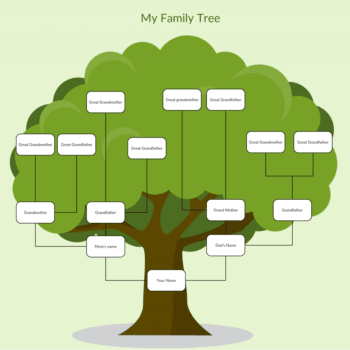Charitable giving seems to be part of some people’s DNA. For clients looking for a way to leave a legacy or limit generational wealth transfer, though, the decision between founding a family foundation and opening a donor-advised fund can be difficult.
Donor-advised funds
Donor-advised funds are administered by local area foundations or through traditional custodians such as Charles Schwab and Fidelity. These accounts provide the owner with a great deal of flexibility and anonymity if he/she chooses and can be opened with as little as $5,000. Donor-advised funds are managed inexpensively and offer various investment/fund options when the owner utilizes a ‘bunching’ or ‘super-bunching’ tax strategy for contributions.
Another perk of the donor-advised fund is that it can be named whatever the owner chooses, including “family foundation.” This is one way to avoid the price tag, reporting requirements, and annual distribution requirements associated with forming an actual private family foundation.
Private family foundations
Private family foundations are a great option to limit generational wealth transfer in estate planning by allowing the founding generation to set a charitable intent that best aligns with their core family values.
Establishing a family foundation encourages multiple family members to participate in common charitable activities, potentially bringing a family closer together, passing on family values and traditions from generations past, and simultaneously serving as a source of philanthropy for a cause or community.
A minimum gift of $250,000 is required to start a family foundation. The family should then be prepared to make annual gifts to qualifying charities, as the foundation must distribute at least 5% of its average net assets each year. Because of the relative complexity of a family foundation, families may choose to hire a managing resource for the initial set-up and ongoing management. Such managers offer a great deal of flexibility along with the ability to customize the level of care based on the family’s needs.
It is important to note that family foundations have the ability to be collapsed into a donor-advised fund, but monies cannot flow the other way. Contributions to donor-advised funds are irrevocable, owned and held by the custodian of the account, and cannot be merged into a family foundation.



